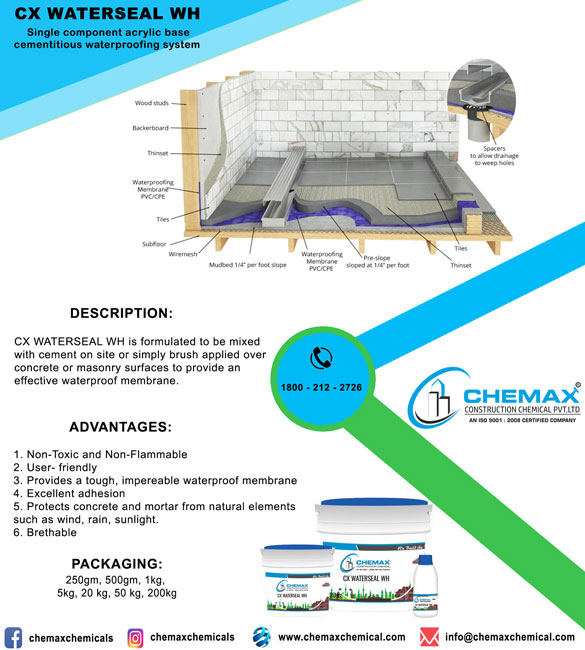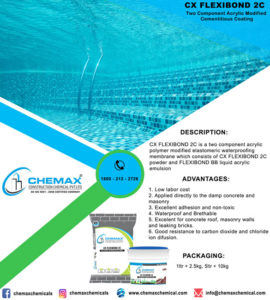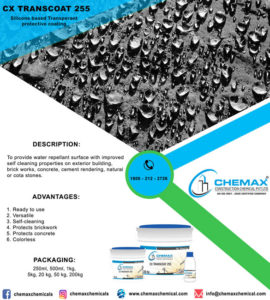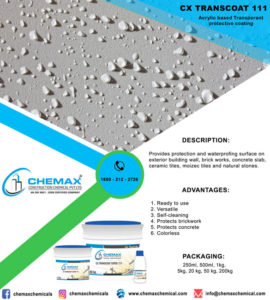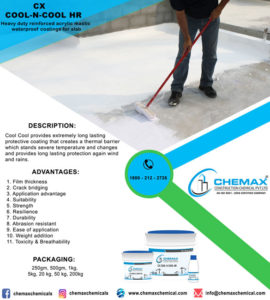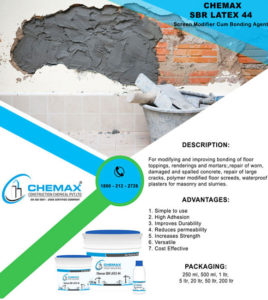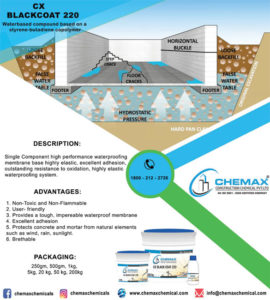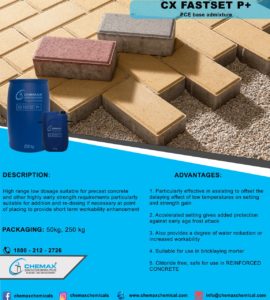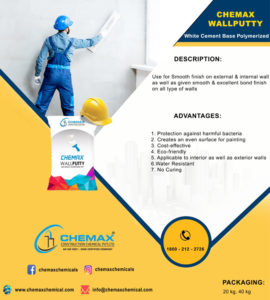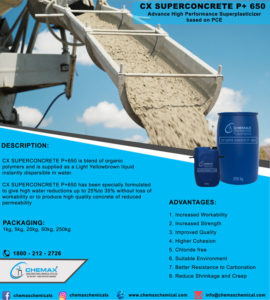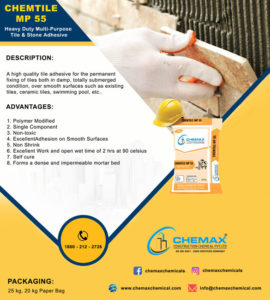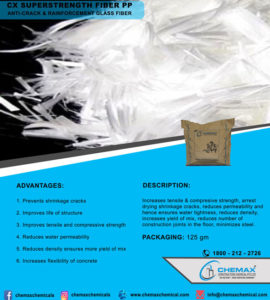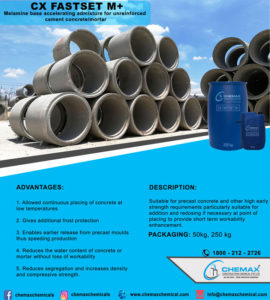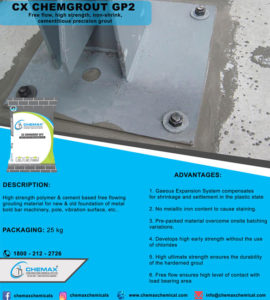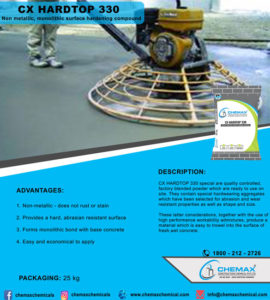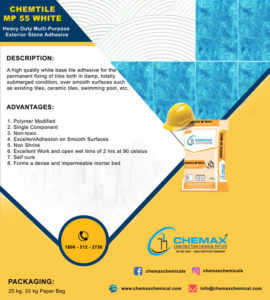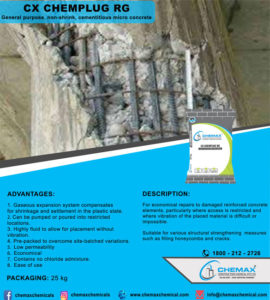High Quality Basement Waterproofing Chemicals
Due to the frequent full or partial exposure of basements to the surrounding soil and groundwater, they are particularly sensitive to and stressed by any prevailing long-term or transient environmental conditions. Greater demands are placed on basements in terms of their resilience to exposure and stress, their building process and order, their usability, and their overall cost control. Sustainable system solutions are also becoming more crucial in order to conserve energy, water, and natural resources as well as to reduce CO2 emissions, among other things. Any below-ground structure’s ability to withstand water intrusion will significantly limit its long-term durability as well as its ability to be used as intended. Water intrusion will cause the concrete to be physically attacked and deteriorate.
Signs of basement water damage in basement:
· Wall cracks can be diagonal, stair-stepped, horizontal, vertical, or any combination of these. Widening fissures are a sign of structural degradation or intense pressure.
· Wall buckling: Typically brought on by hydrostatic pressure. Walls have a pronounced inward bend.
· Peeling paint: Paint along basement walls that has bubbled or peeled due to water leaking through the walls.
· Efflorescence is a white, powdery residue that is visible on the basement walls close to the floor.
· Mould: Fungi typically develop in damp, dark environments and may cause respiratory issues if exposed for an extended period of time.
To reduce future maintenance and repair costs over the service life of the structure, it is essential to choose the right waterproofing technology, design the chosen waterproofing system specifically for the project, and install it correctly on site. Basement Waterproofing Chemicals refers to the methods and supplies used to stop water from entering the structure’s basement. Applying sealant materials, setting up drains and sump pumps, and other tasks may be necessary to waterproof a basement that is below ground level. Basements are particularly prone to the development of moisture and dampness. Under basement floors and walls, hydrostatic pressure is generated by water in the soil. This hydrostatic pressure has the potential to push water through fissures, leading to serious structural damage, mould growth, tooth decay, and other moisture-related issues.
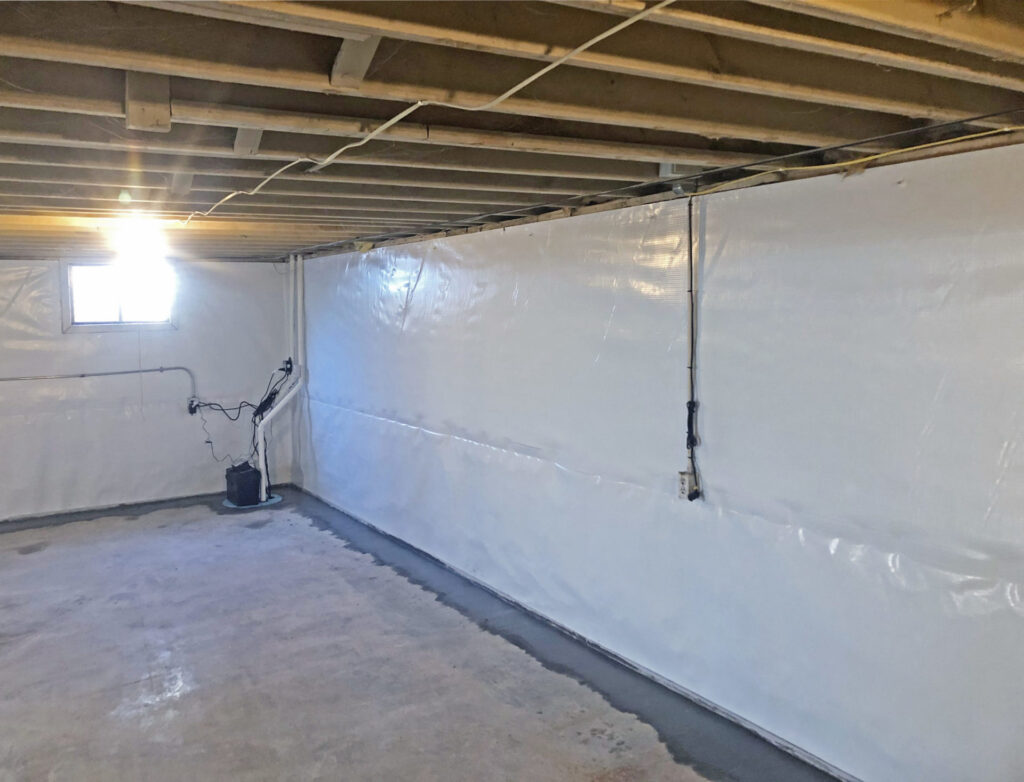
Types of basement waterproofing methods:
· Exterior basement Waterproofing: The outside basement waterproofing method coats the outer basement walls with polymers and membranes in order to stop water from doing any significant structural damage to the building.
· Interior basement Waterproofing: Coatings are useful for interior basement waterproofing when condensation is the predominant source of moisture. If there is only a slight amount of moisture in the issue, it still works. One of the best ways to save your basement is to install a backwater valve. The trickiest method of indoor waterproofing is installing a drainage system.
· Integral basement waterproofing: An internal waterproofing system for the concrete building. The building itself stops liquid water penetration, preventing it from completely entering the basement. Admixtures for waterproof concrete are typical items, together with suitable joint sealing solutions for connection, construction, and movement joints.
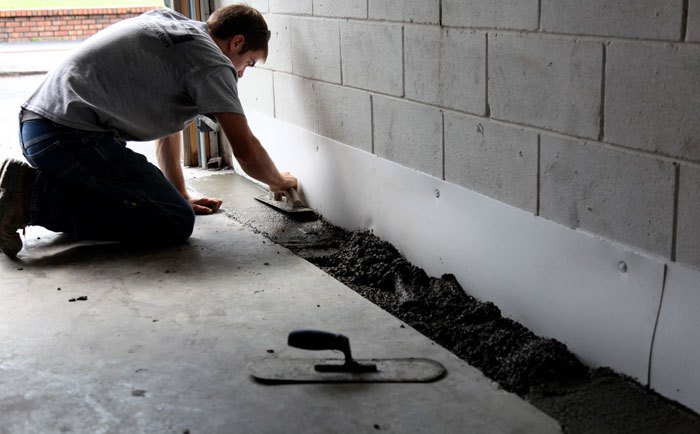
Here at CHEMAX provide you High Quality Basement Waterproofing Chemicals With Reasonable Price. Our experience team check the chemical quality & materials. Thats why we have many distributers network on all over India Like

- Basement Waterproofing Chemicals Pune
- Best Basement Waterproofing Chemicals Mumbai
- Basement Waterproofing Chemicals Kerala
- Basement Waterproofing Chemicals Ahmedabad
- Basement Chemicals Manufacturer India
- Waterproofing Chemicals For Basement

